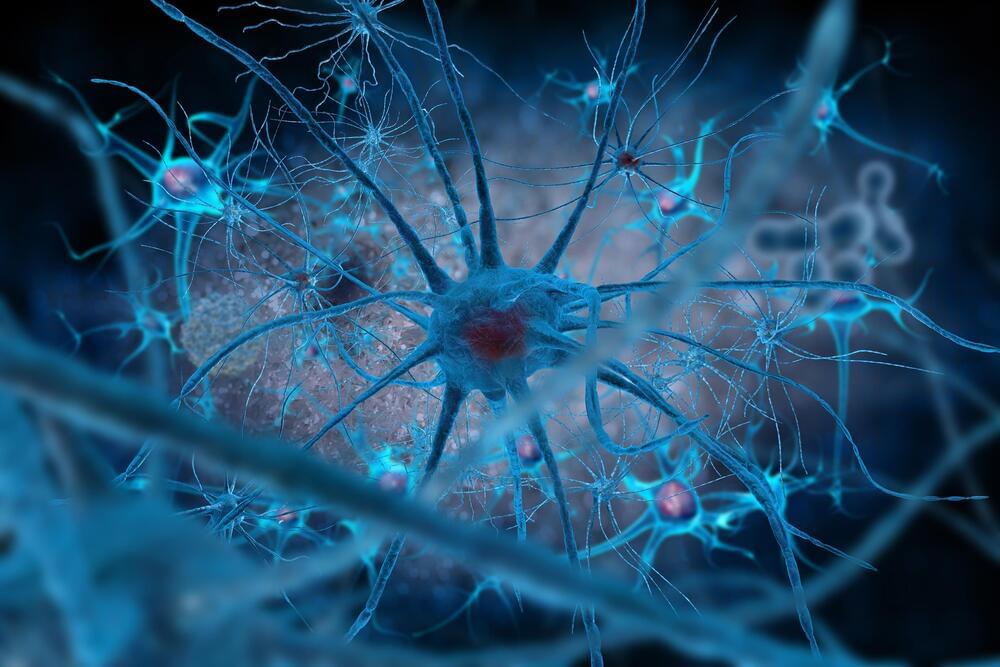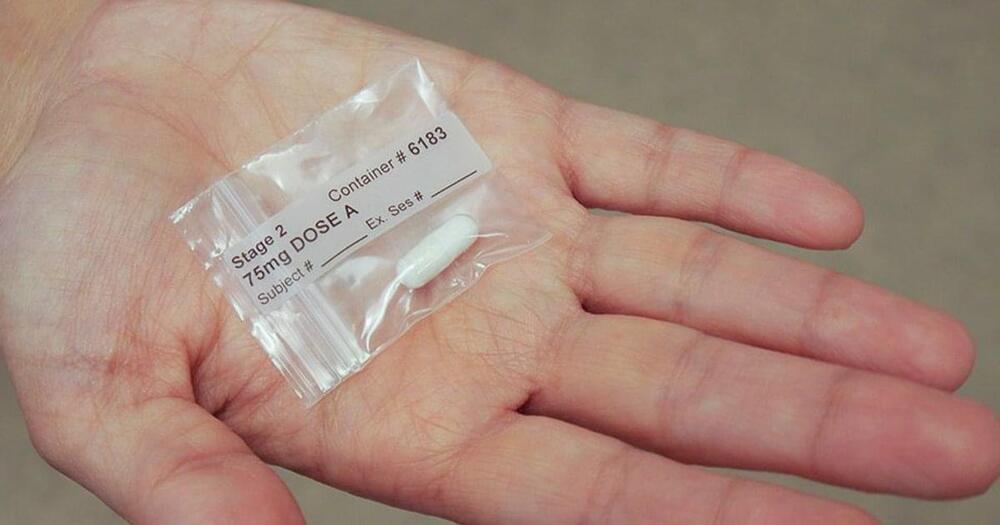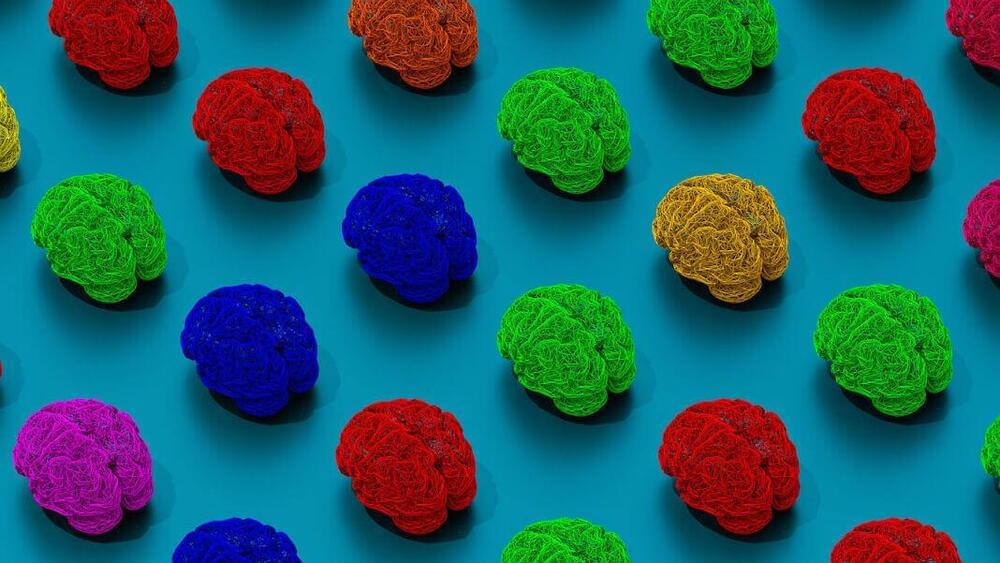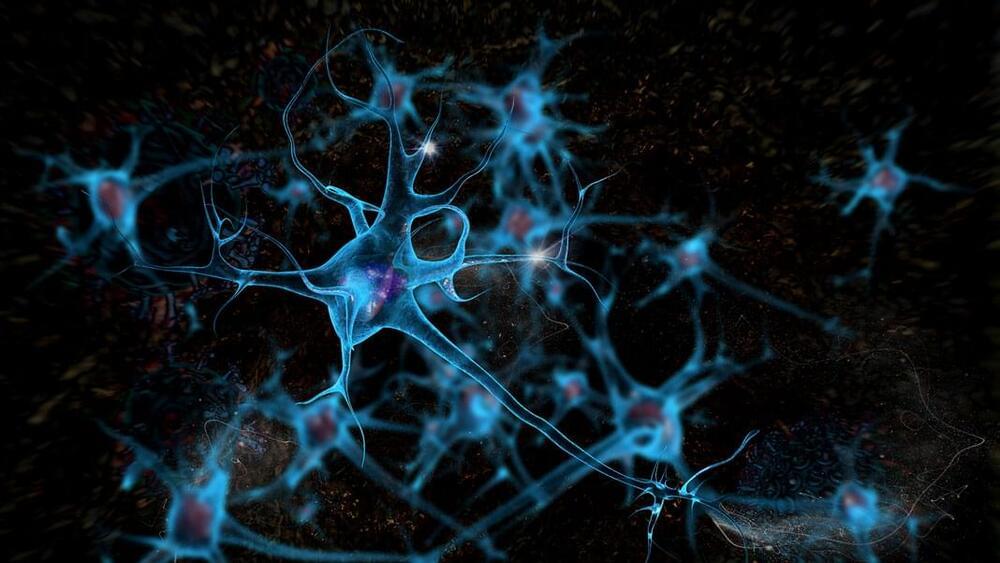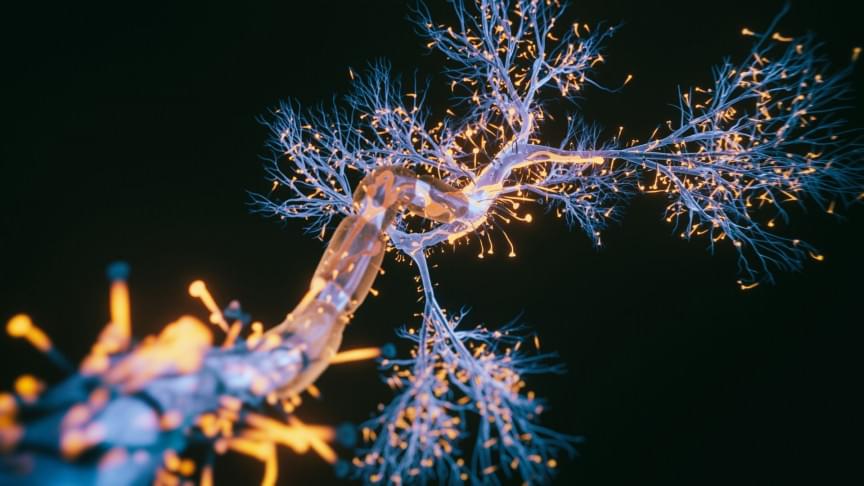Stem cell therapies are showing huge promise in a lot of areas, but one application that has scientists particularly excited is in next-generation treatments for Parkinson’s disease. A team experimenting in this area has demonstrated how implanting carefully cultivated stem cells into rats can bring about remarkable recovery from motor symptoms typical of the disease, and are now setting their sights on upcoming human trials.
Parkinson’s disease is considered a prime target for innovative stem ell therapies because the condition can be traced back to the deterioration of a particular type of cell in a particular region of the brain. The neurons in the substantia nigra, a structure in the midbrain, are responsible for producing dopamine, which helps control movement, among other things.
The loss of these neurons is what contributes to motor symptoms in Parkinson’s patients, so using stem cell therapies to replace them is a very appealing idea, and one that has started to migrate from animal testing to humans. In a world-first trial undertaken in Japan in 2018, Parkinson’s patients had stem-cell-derived precursor cells implanted into their brains where they matured into the dopamine-producing neurons, with a number of subjects reported to be doing well.

